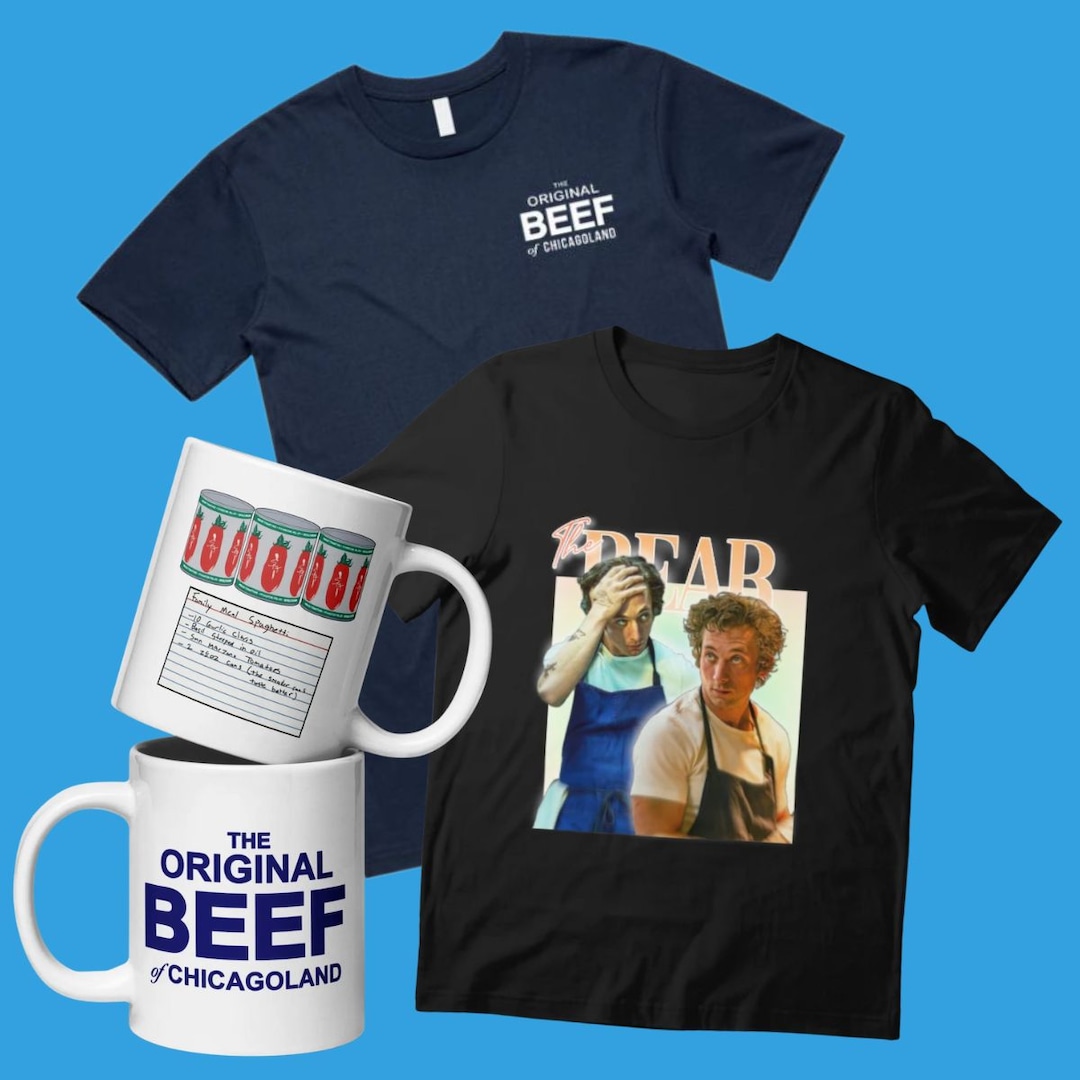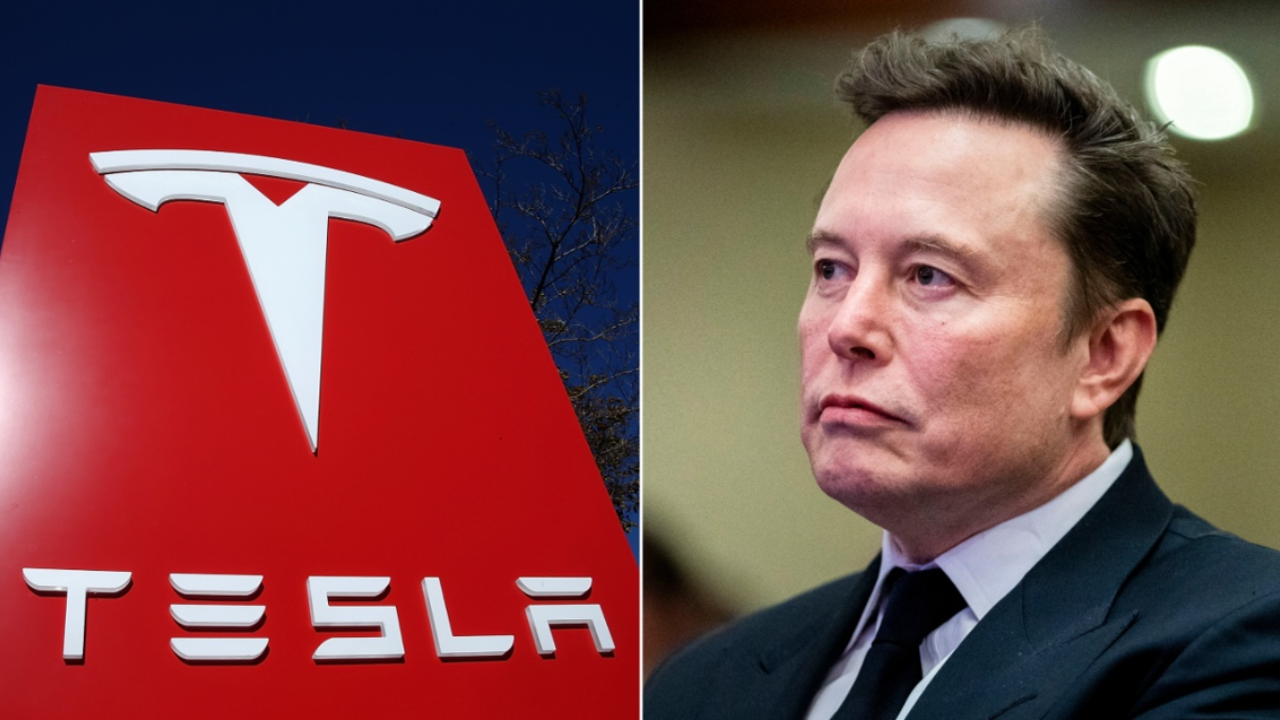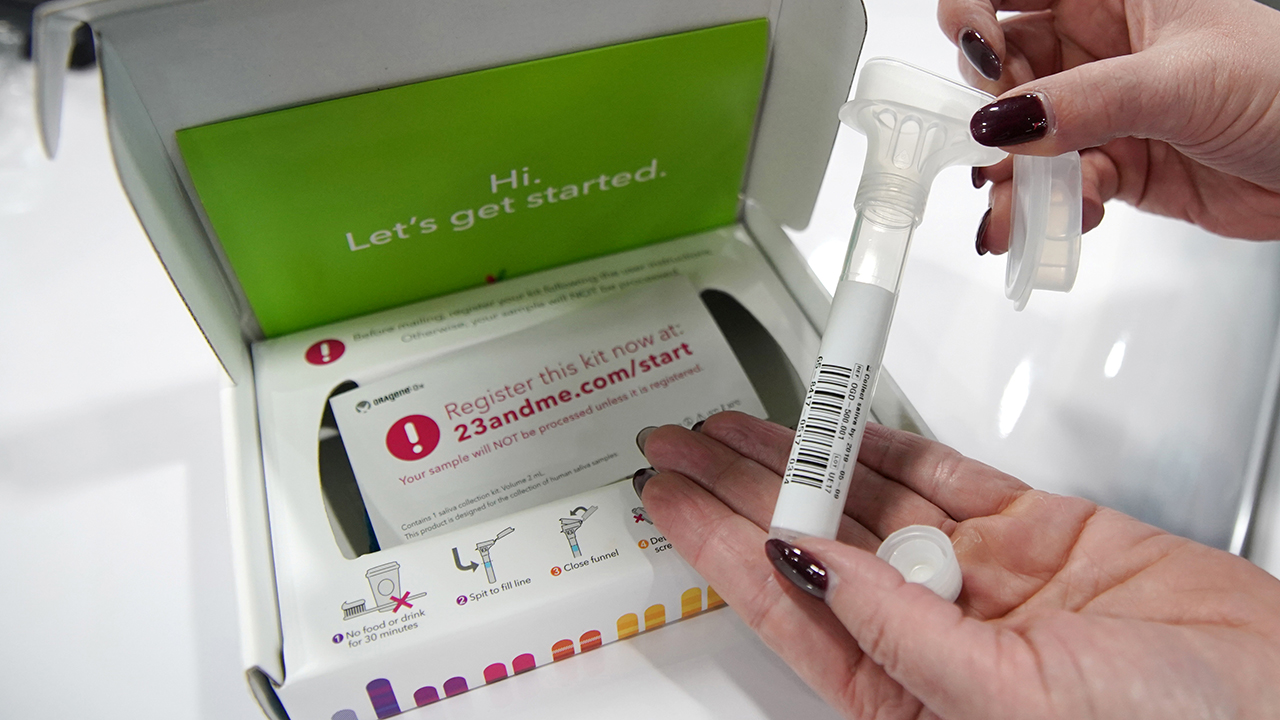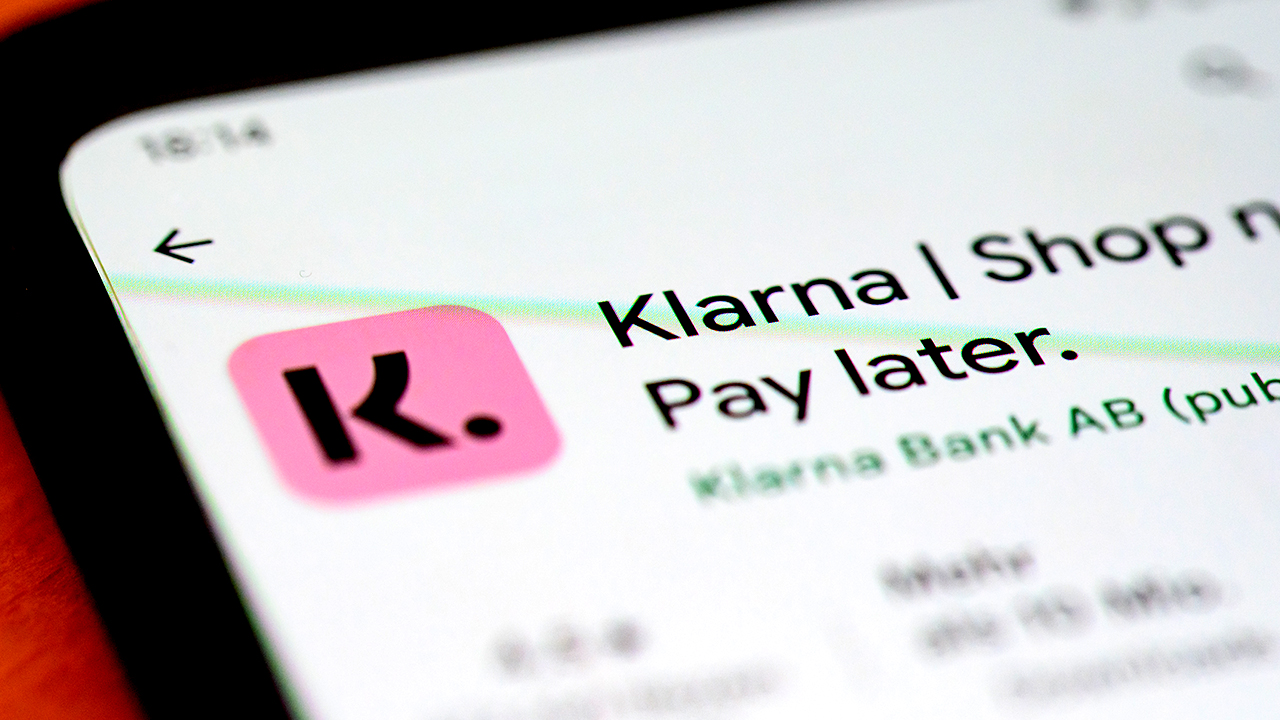AI-washing: Are we fooling ourselves with artificial intelligence?

This week, my laundry machine broke. Bummer. Like any normal person, I dove into research mode, scrolling through endless product pages, feature lists, and discounts. After a while, one machine caught my attention. It was a Samsung model labelled “AI-enhanced”. (Not going to lie, it came with a solid discount, making it one of the cheapest among the top-rated options, but I was really excited about the AI feature)
In full honesty (this is not a sponsored post), it works great. From what I could observe, when you throw the clothes inside the machine, it weighs the clothes, and based on that, it selects the most suitable wash setting: water level, soap, temperature, and timing. Yes, it’s clever, efficient, and genuinely helpful. But it got me thinking: is that really AI, or just a well-designed automation?
We love “washing” and much more than just clothes
In business, as in life, those who tell the most compelling story tend to succeed. We love to use fancy words, set expectations high, and hold attention long enough to turn curiosity into conversion. Labels matter. Language sells. That is where the “washing” comes in.
Suddenly, the customer changes. With so many options available, they are no longer just buying products; they are buying into a story, a value, a promise. We saw it clearly with greenwashing. Everything became “eco-friendly”, “sustainable”, and “recyclable.” Some of it was real progress, but much of it was just clever marketing with little substance behind it.
The same thing is now happening with AI. Buzzwords like “AI-powered” or “intelligent assistant” are being applied to products that, while often smart and useful, are not truly driven by artificial intelligence. Just as greenwashing exaggerates a product’s environmental credentials, AI-washing misleads consumers about what the technology is actually doing. The line between automation and artificial intelligence is not always 100% clear. On that note, let’s review 5 cases where the buzzword was blurred into the product to fit the market
AI or not AI? That is the question

1. Samsung AI-enhanced washing machines
This product sparked the idea of the whole article, so it clearly had to go first. Samsung has marketed several washing machine models as “AI-enhanced”, highlighting features that supposedly adjust wash settings based on load type and user habits. On the surface, it sounds like the machine is learning from behaviour and optimising accordingly, in line with what consumers might expect from AI.
What actually happens is simpler. When the laundry is loaded, the machine weighs the clothes and then selects the appropriate settings for water level, detergent, temperature, and cycle length. It is a smart use of sensors and automation, no doubt, but is it actually learning anything new, or simply taking note of what program you use the most? I would personally not call this AI rather a well-executed piece of engineering.

2. Builder.ai
The most obvious and famous case this year. Builder.ai was widely promoted as an AI-powered software development platform that could build custom apps without the need for developers. The promise was clear: type in your app idea, and their so-called “AI” would generate a working product quickly and affordably. It sounded like a revolution in software development, and investors bought into the story. The company raised over €440 million from major backers, reaching the billion-dollar valuation, positioning itself as a leader in AI-driven app creation.
The reality was far less futuristic. Investigations revealed that the platform relied heavily on a workforce of over 700 human developers based in India who manually executed most of the work. The AI component was minimal, mostly limited to interface suggestions and templates. While the human support may still deliver good results, the branding misled customers and investors into thinking they were witnessing automation at its peak, when it was mostly outsourced labour hidden behind a tech buzzword.

3. Logitech’s AI Edition M750 mouse
A few months ago, Logitech introduced the Signature AI Edition M750 wireless mouse. Curious buyers expecting next-gen input technology might be surprised to find that the “AI” upgrade is, quite literally, just an extra button. This button is preprogrammed to launch the ChatGPT prompt builder from Logitech’s Options+ app. That’s the standout feature. The rest of the mouse remains largely unchanged from the M650 model, which launched back in 2022.
Technically, the AI functionality does not reside in the mouse itself, but in the software layer. The M750 simply makes a shortcut default. It is a sleek mouse, but calling this product AI-enhanced when it is a clear case of trend alignment rather than a transformative capability.

4. Oral-B iO Series “AI” toothbrush
Oral-B’s iO Series toothbrushes are marketed as “AI-powered,” promising real-time feedback to improve brushing technique. According to the brand, the AI tracks your brushing style and helps you cover all areas of your mouth evenly. It sounds impressive, a smart toothbrush that understands your habits and coaches you to better dental hygiene.
In practice, the toothbrush uses motion sensors and pressure detection, then compares that data to a predefined ideal brushing path. (Note on predefined ideal brushing path). It gives feedback via a companion app, but there is no machine learning, no adaptation to individual patterns, and certainly no evolution over time. And let’s be honest, you’ll probably pay attention to the app during the first week or maybe the first month, but would you really check it every single time you use your toothbrush? Helpful, maybe. AI-powered? That is debatable.

5. LG DUALCOOL AI Air Conditioner
The last one today is the LG’s DUALCOOL AI Air that has been marketed as a next-generation appliance, using AI Core-Tech to deliver personalised cooling based on user preferences. The product description includes terms like “AI DUAL Inverter”, “Human Detecting Sensor”, and “spatial analysis” through the ThinQ app. It promises to optimise airflow by tracking your location, learning your usage patterns, and adjusting the temperature and fan speed automatically. Add in features like Sleep Timer+, Auto Clean+, and energy-saving modes, and it sounds like the air conditioner of the future.
But strip away the marketing language, and you are left with a series of high-end sensors, pre-set routines, and app integrations that respond to motion, room temperature (a thermometer), and inactivity. Does that count as AI? Or is it simply a movement sensor connected to a smart control system? There is no clear evidence of true learning, prediction, or dynamic model training. It is smart, sure. But whether it is truly intelligent remains open to question, especially when every modern appliance wants to ride the AI wave.
The AI label is here to stay, even when the intelligence is not
These five cases are just a sample. The list could easily go on with smart fridges that suggest recipes based on scanned ingredients, AI fitness apps that follow static routines, or robot vacuums that use simple sensors to map your living room and call it machine learning. As AI continues to dominate the tech narrative, we can expect more devices to advertise questionable features related to the technology.
This is not necessarily harmful. Some of these tools are genuinely useful. But we should stay alert to what is actually being offered. Not every product that carries an “AI” label is smarter, and not every smart feature needs to be framed as artificial intelligence. If that is the case, maybe Excel should start branding its formulas as AI, too. They have been around for decades, but they can follow logic, adapt to inputs, and even simulate decision-making.
The label may help increase sales, attract investors, or drive media attention, but as consumers and professionals, we should learn to look past the branding and ask a basic question: Is it really AI, or just well-packaged automation?
The post AI-washing: Are we fooling ourselves with artificial intelligence? appeared first on EU-Startups.





















































.png?Expires=1838763821&Key-Pair-Id=K2ZIVPTIP2VGHC&Signature=IO0~CT3pU-TcxGc~yoZSmoQx23MZVuK-~4jSii~NKEblRmyO3el7NXPu~Rh1o23voASg7hlcHLw4kvQuDK1jssEhcjoNBBvEpZ~GGOAU6yosBhpHpeF179F~h7i6VxmsBNh9gtTutkoqY73O2YCFey~IAqSzKbBqETP1kP9cAg1916Z1YkJJs-5MliMrkZ5d7-mWGLbpHp2wGj2VlMph8XzYlL4~y1O7fB~JdIS~Rs4RMRs2x0WT1qUIpHAsf3GdwtOyAmKFSpIg8xCyNGZZ5h~13nXlmpd7uPvW8tBfttpG9pFTqcway-uch5WyfHOEfi7UlJCOWrr6fCYY5PMgSg__)







